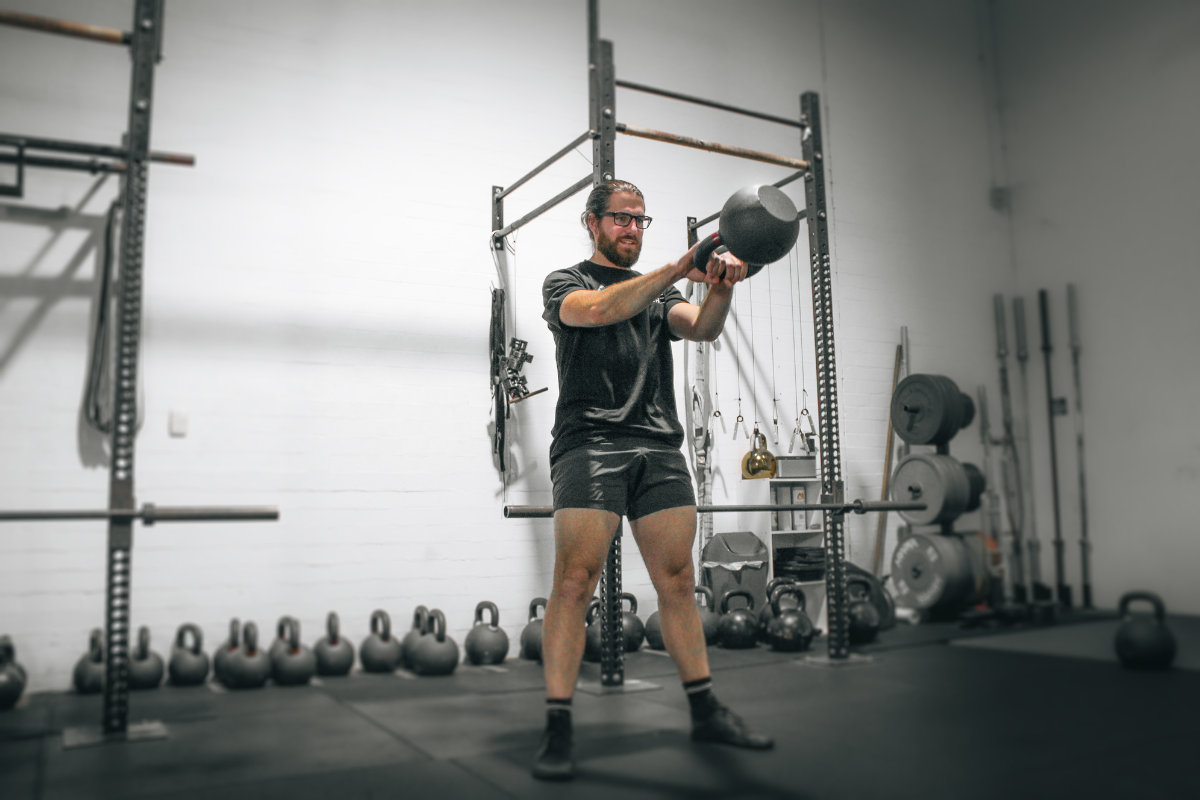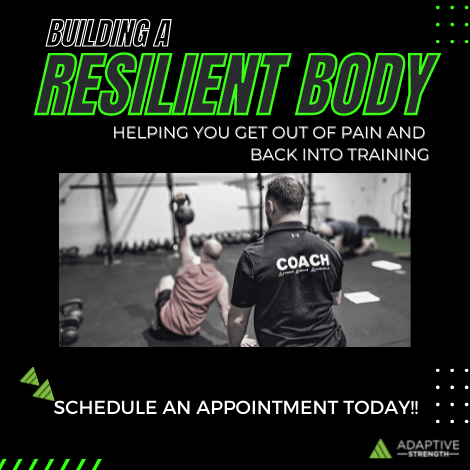Blood pressure is a key indicator of your health. This is why it is checked at every visit with a healthcare professional. This Article will explain what blood pressure is, what to do when it is high and the effect of lifting weights on blood pressure
What is hypertension?
Hypertension, commonly known as “high blood pressure”, is the condition of having a resting blood pressure measurement that is persistently higher than normal.
Having a persistently high resting blood pressure over many years can cause progressive damage to the heart and blood vessels throughout the body. This increases the risk of experiencing a stroke, heart attack, heart failure and many other health complications that can cause disability or death.
High blood pressure affects half of all adults in the United States (I would expect similar results in Australia) and is the leading contributor to premature death worldwide, accounting for 13% of deaths globally each year
Blood pressure does not cause symptoms in most people, so a large proportion of these people do not know that they have it.
| Category | Systolic Blood Pressure(mm Hg) | Diastolic Blood Pressure(mm Hg) |
| Normal | Less than 120 | Less than 80 |
| Elevated | 120-129 | Less than 80 |
| High Blood Pressure, Stage 1 | 130-139 | 80-89 |
| High Blood Pressure, Stage 2 | Higher than 140 | Higher than 90 |
The major contributors to high blood pressure that we will discuss are listed below. Some are things that can’t be controlled, such as age or genetics. Others are things that we can potentially change with our behaviors or medical treatments
- Body weight and body fat
- Physical activity habits
- Diet quality
- Sleep quality
Body Weight and Body Fat:
Body fat has a powerful effect on blood pressure-especially fat accumulated in the belly. Excess body fat releases hormones that activate the nervous system and make blood vessels squeeze tighter, while also increasing the amount of salt and water restrained by the kidneys. These changes all result in higher blood pressure. One easy method to check for excess body fat is using a waist measurement (More accurate the body weight on the scale)
Physical Activity
Increasing physical activity decreases blood vessel stiffness, has beneficial effects on levels of circulating hormones and inflammation, and results in better regulation of appetite to maintain weight loss.
The 2018 Physical Activity World Health Organisation Guidelines recommend the following targets:
- 150 to 300 minutes per week of moderate-intensity aerobic physical activity, OR;
- 75 to 150 minutes per week of vigorous-intensity aerobic physical activity, AND;
- Strength training of moderate or greater intensity involving all major muscle groups on 2 or more days per week
Performing both strength training and aerobic exercise has a greater effect on lowering blood pressure than performing either one by itself. Combining these forms of exercise can lower blood pressure to a similar degree as commonly used medicines
Any increase in physical activity from a sedentary lifestyle will help, and these benefits increase further the more activity you do. Even if meeting these recommendations is difficult, the more you exercise, the greater the benefits to your health.
Nutrition:
Certain diets can impact blood volume and how tightly our blood vessels squeeze, in addition to their effects on body weight and body fat. As a result, food choices can improve blood pressure whether or not weight loss occurs.
Table salt (Sodium Chloride) can increase blood pressure for some people when they eat high amounts of it. Lowering sodium intake, while also increasing potassium intake, generally improves health and reduces the risk of heart disease.
Highly processed foods have several characteristics that make them problematic for people struggling with their blood pressure. They are tasty, cheap, high in calories, not very filling, and often heavily salted. Replacing these kinds of foods with vegetables, fruits, legumes, nuts, whole grains, dairy products, and lean sources of protein such as fish is an excellent strategy to lower sodium intake, increase potassium and fiber intake, and ultimately lower blood pressure.
One of the most well-establish diets that consistently improves blood pressure in humans is the “DASH Diet” worth checking out
Sleep:
Blood pressure can rise if people are not sleeping enough, or if their sleep is of poor quality. This happens due to the effects of insufficient sleep on the heart and nervous system. People differ in the amount of sleep that they need for health; this also changes across the lifespan, with babies and young children generally needing more sleep than adults. For adults, targeting approximately 7–7.5 hours of sleep per night on a regular basis is a good starting recommendation.
Conclusion:
Here are some useful principles to keep in mind:
- High blood pressure is a serious medical condition that is one of the leading causes of death and illness across the globe. It should be diagnosed and treated. Blood pressure is one of the few, regular medical screenings we recommend for all people.
- There are multiple lifestyle factors that we can modify to improve blood pressure. These include meeting the physical activity guidelines for both strength and aerobic exercise, decreasing waist measurements to target ranges, improving diet quality as described above, and getting sufficient high-quality sleep. These are important and powerful interventions that are appropriate for almost everyone, even if the implementation will vary between people. Exercise and dietary changes can lower blood pressure by as much as medications, especially for people that are currently inactive.
- Even with excellent lifestyle habits, some people will still have persistently high blood pressure due to genetics or other undiagnosed medical conditions like obstructive sleep apnea. If no clear causes for high blood pressure are found, this is often a situation where blood pressure-lowering medicines are necessary.
With the background provided here, you hopefully have more information to determine if you are at risk for this condition and whether you should inquire with your Doctor. Even if you are unsure if you have high blood pressure, making lifestyle adjustments, particularly increasing how much you exercise, is likely an excellent course of action. Be active and enjoy the benefits, including lower blood pressure.





